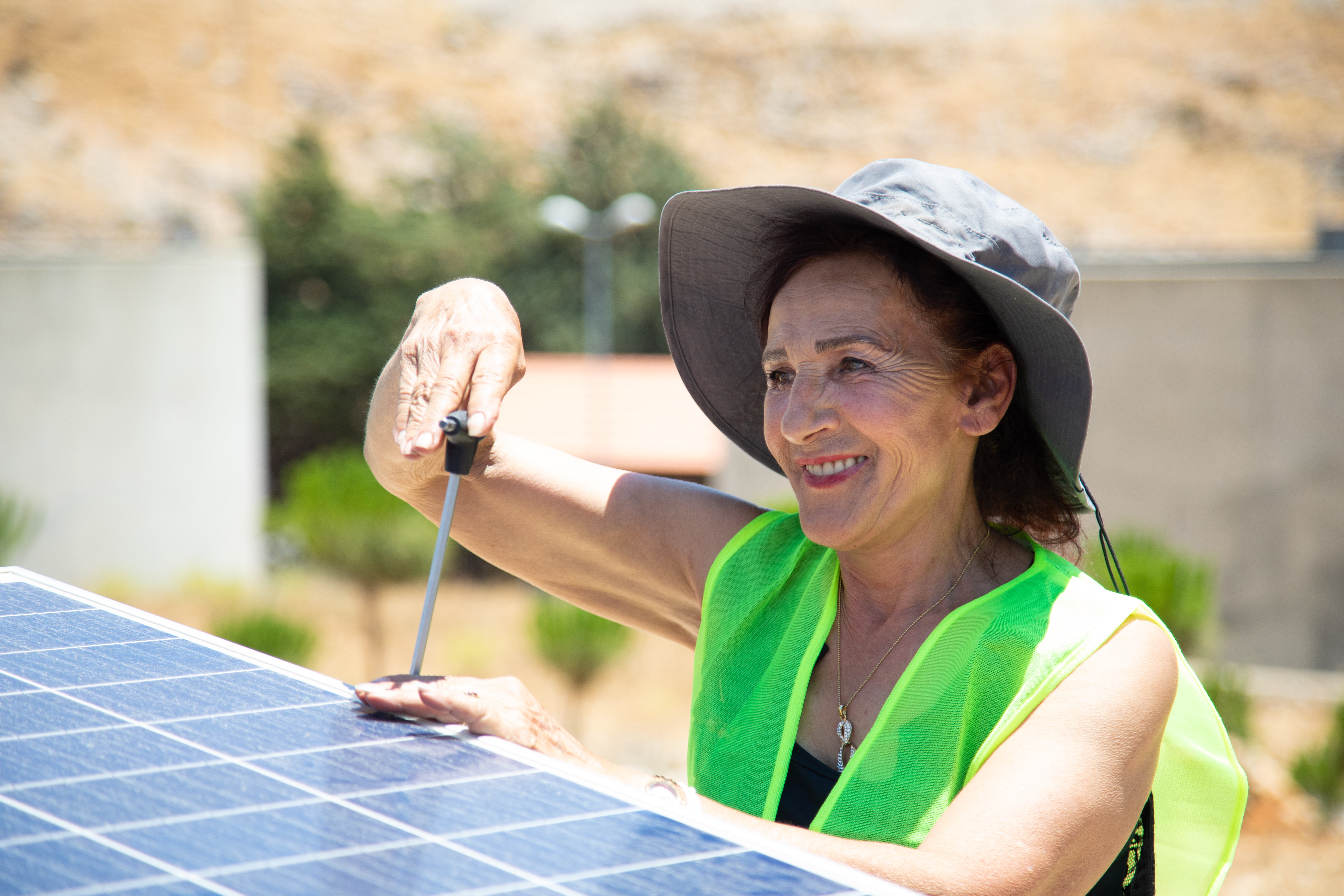Our work areas
Energy and Gender Equality
Our focus
In line with our Gender Equality Strategy 2022-2025, UNDP aims to ensure that our energy policy support and programming contributes to gender equality and women’s empowerment.
For example, UNDP focuses on:
- Leveraging energy access to unleash women’s economic empowerment, ensuring that women gain ownership of energy assets and benefit from the productive use of energy. This also includes working with public and private firms to create opportunities for women across energy value chains and guiding national plans and budgets to include the jobs and services that women want.
- Supporting energy investments that reduce time poverty, especially pursuing strategies to ensure energy access and technology consider the needs and preferences of women, particularly in vulnerable households, as a tool to save women’s time and obviate the need for additional chores. Clean cooking solutions such as electric and more efficient stoves and subsidies for appliances most often used by women are also key.
- Promoting the inclusion of women in energy governance, guiding ‘energy democracy’ that includes community control over energy management and consumption, such as through energy cooperatives. These can open opportunities for women in leadership and employment while making energy cheaper, more available, sustainable, and aligned with local needs.
- Galvanizing new knowledge to guide a just energy transition that contributes to gender equality, connecting policymakers, women and women’s groups, and other stakeholders to pursue energy for development that is resilient, sustainable and equitable.

 Locations
Locations





